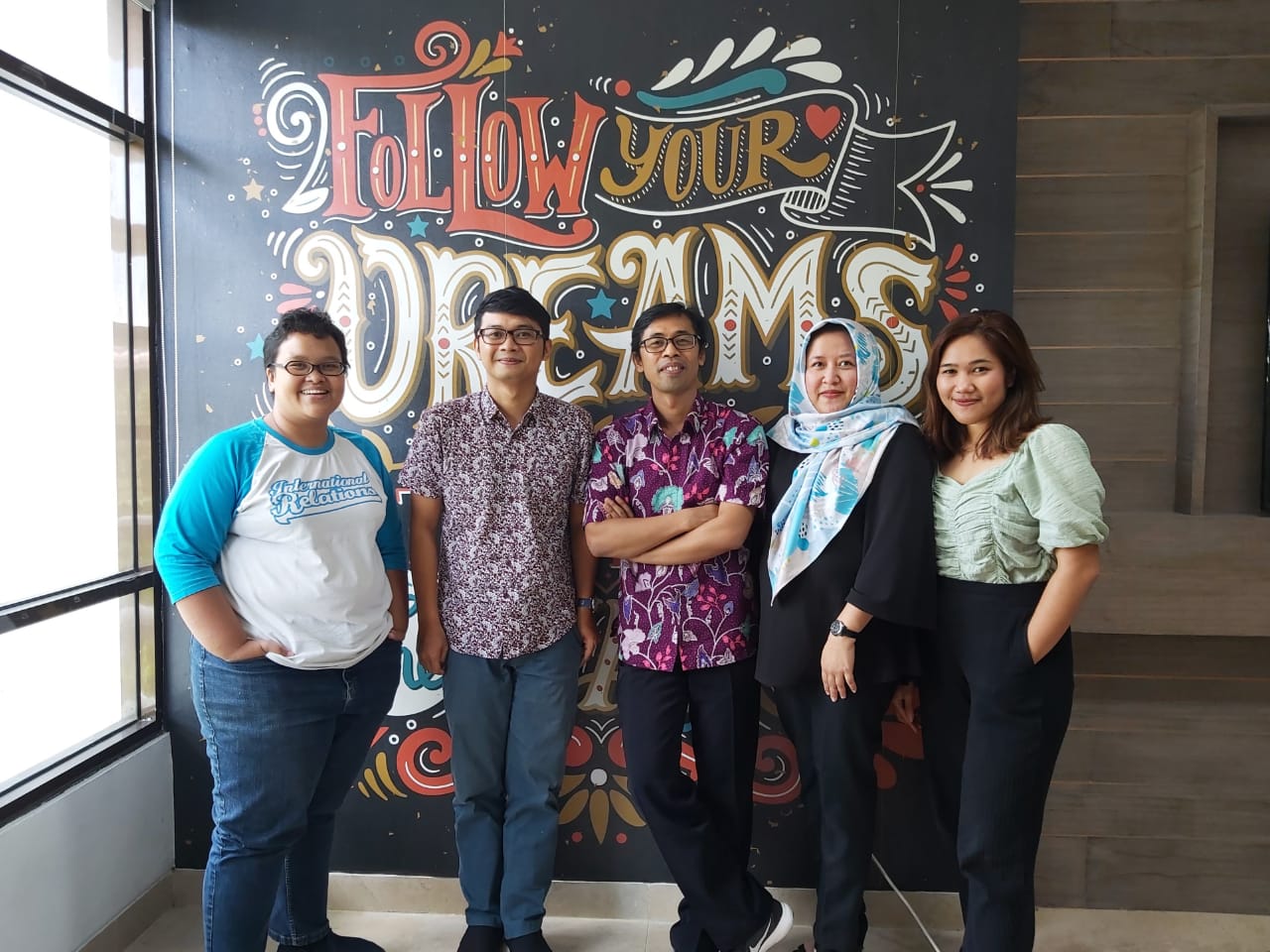Regional focus: Indonesia
Time: January 2020 – May 2023
Abstract
This project aims at explaining why cities have become exclusive against minorities, while others stay relatively inclusive by carrying a comparative study on policy-making processes in nine cities in West Java, Indonesia. West Java demands particular attention not only due to the fact that it has the largest population and voters, but also because it hosts several cities that have turned hostile against marginalized communities, especially the LGBTQ and faith-based minority groups. Exclusionary policies against these groups are often framed as “morality policies” and this research employs surveys as well as case studies to identify the factors that encourage local governments to (or dissuade them from) adopting exclusionary, “morality-framed” policies against minorities. Given the province’s centrality to Indonesian democracy, such knowledge is important as it will also help to determine the necessary elements of inclusive cities where minorities should be treated as equal citizens, which is beneficial for future advocacy.
Research questions
This research wants to examine why some cities in West Java turned exclusive by adopting or maintaining an exclusionary bylaw or policy against minorities, while others have not done so. It is expected that a knowledge on such policy-relevant issue may help in future advocacy for inclusive cities. This project would like to know whether morality framed, exclusionary policies are more likely to be adopted/maintained by cities that have a particular citizens’ value and less informational barriers that may encourage them to participate in policy-making processes that have something to do with their core values at the attitudinal level, and by cities that have strong partisanship and party competition at the institutional level— including to what extent such variance at the institutional level is informed by different practices of decentralization.
Outputs
Research team
Wawan Mas’udi, Senior Lecturer, Vice Dean of Academic and Student Affairs, Faculty of Social and Political Sciences (FISIPOL), Universitas Gadjah Mada
Erwan Purwanto, Senior Lecturer, Dean, Faculty of Social and Political Sciences (FISIPOL), Universitas Gadjah Mada
Ayu Rahmawati, Lecturer, Faculty of Social and Political Sciences (FISIPOL), Universitas Gadjah Mada
Ulya Jamson, Lecturer, Faculty of Social and Political Sciences (FISIPOL), Universitas Gadjah Mada
Fuji Prastowo, Lecturer, Faculty of Social and Political Sciences (FISIPOL), Universitas Gadjah Mada


